Talking About Climate Change
Dos, don’ts, and tackling myths about climate change.

Dos, don’ts, and tackling myths about climate change.

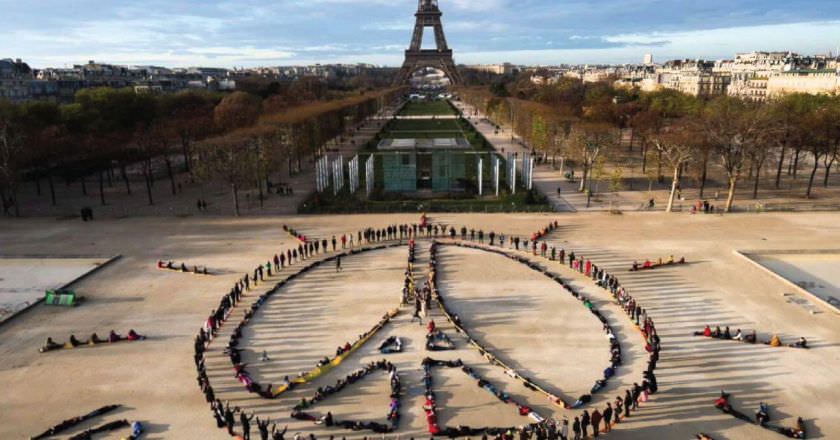
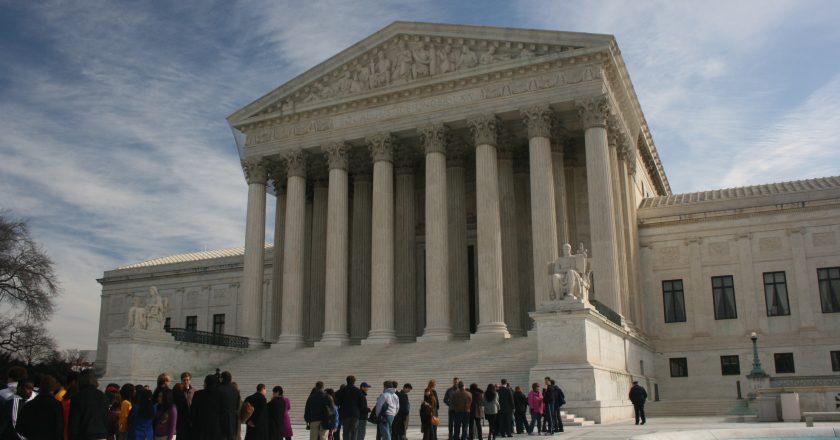
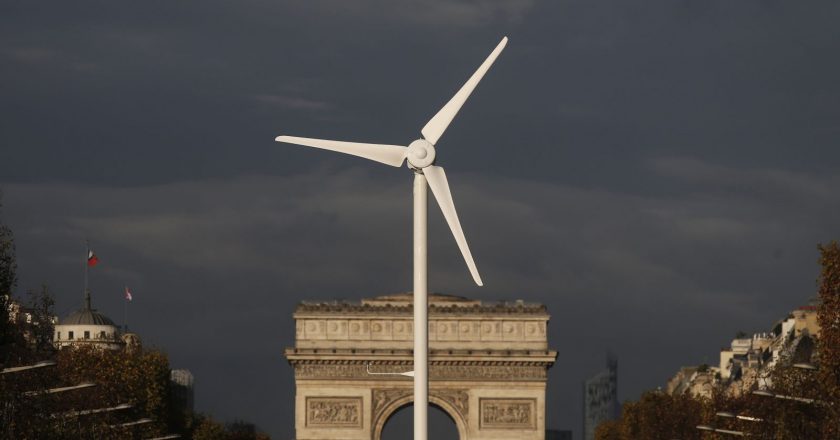
These are the intended nationally determined contributions (INDCs) that have been officially submitted to the UN Framework Convention on Climate Change.

Following the adoption of the Paris Agreement, financial analysts advised clients about the long-term signal that the agreement’s provisions sent to the markets.
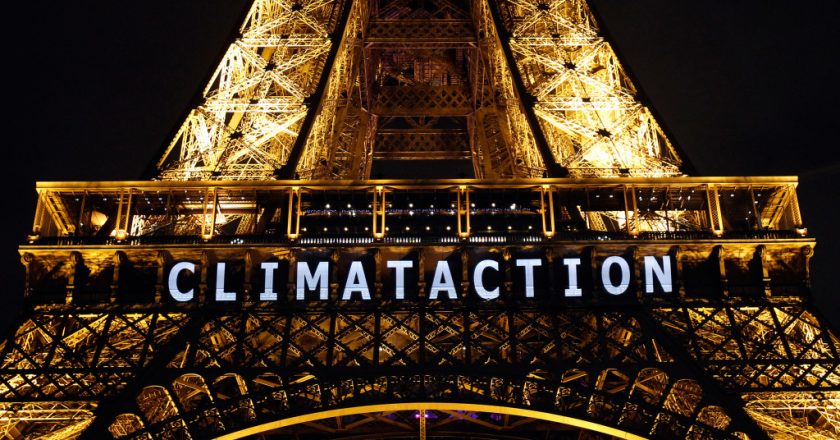
National security leaders, faith leaders, business and economic leaders, public health and medical professionals, scientists, policy experts and local lawmakers welcomed the announcement of the Paris Agreement.

Here are a number of resources that debunk common myths about the Paris climate agreement
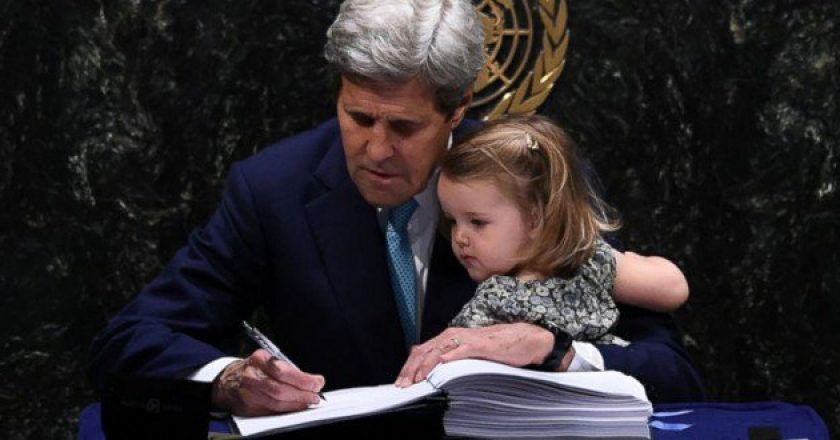
Essential details on the Secretary Kerry’s announcement today on the finance the US is scaling up towards climate adaptation and quotes in response to this announcement from relevant experts and advocates.
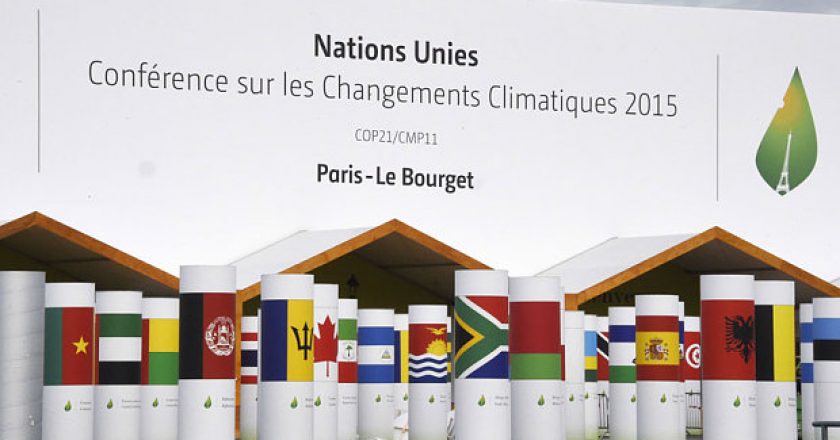

Adaptation is a set of actions and policies designed to help communities prepare for and respond to unavoidable climate impacts. Read on for more on its role in the international climate talks.

The United Nations Environment Programme (UNEP) released its annual report on the rate of global progress in cutting greenhouse gas emissions at 3:30AM ET on Friday, November 6. So far, 156 countries have submitted climate action plans (also known as Intended Nationally Determined Contributions, or INDCs), covering almost 87 percent of global emissions. The UNEP Emissions Gap report is expected to indicate that the INDCs, combined with current global policies already in place, would result in substantial reductions of greenhouse gas emissions, moving the direction of the global economy significantly closer to the cost-optimal pathway for holding warming under 2˚C.
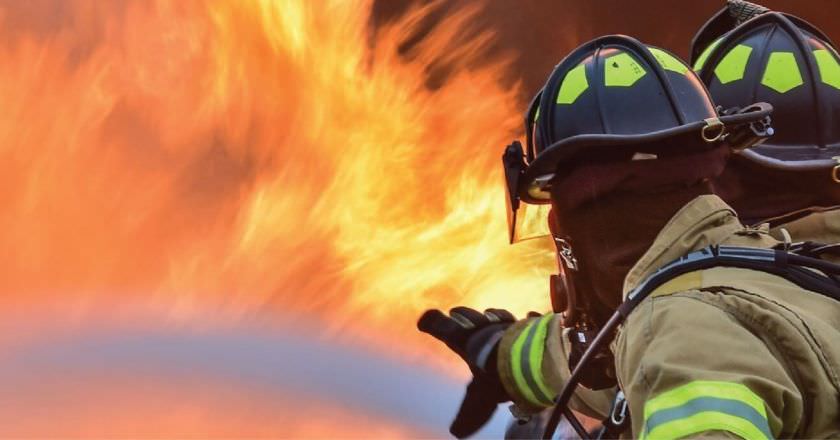
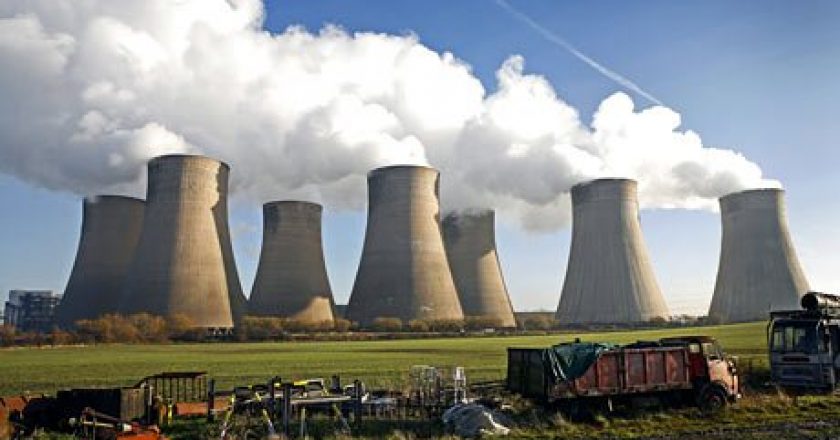
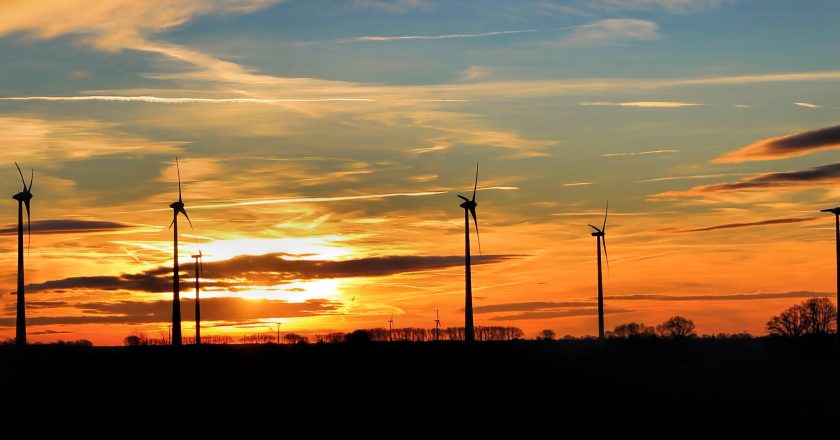
One of the big questions facing the negotiations is whether the agreement arrived at in 2015 should direct climate action for decades to come, and if so, how. This question has become starkly relevant as it is now clear that the recently submitted Intended Nationally Determined Contributions (INDCs) will only direct global action for 10 years, and will only push global action part of the way towards the 2˚C pathway.
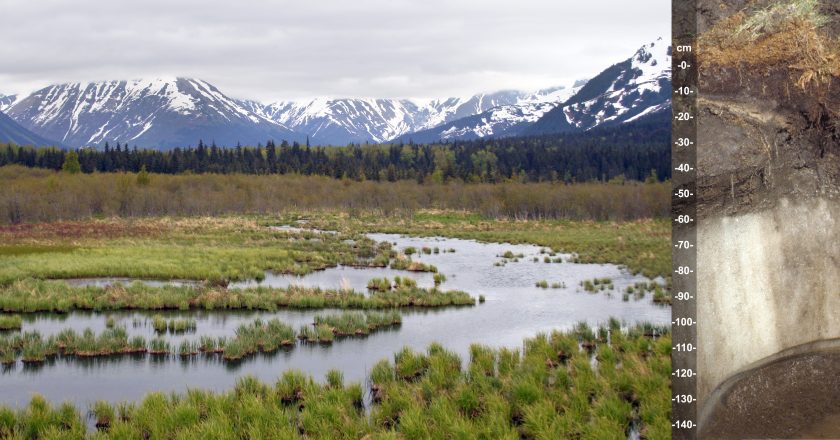
The Earth’s temperature is now increasing faster than anytime in the last 1,000 years. Alaska and the Arctic, temperatures are rising at twice the global rate—more rapidly than anywhere else in the world, making the region ground zero for climate change. The best estimate is that human activity is responsible for all of the observed increase in global temperatures since 1985. The effects of the temperature changes are transforming a once-frozen seascape into an evolving, navigable ocean. These rapid changes occurring in the North have created a new Arctic climate system.
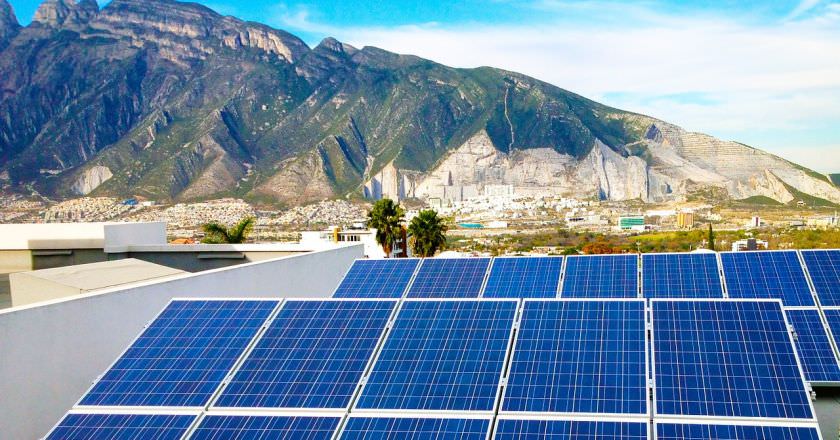
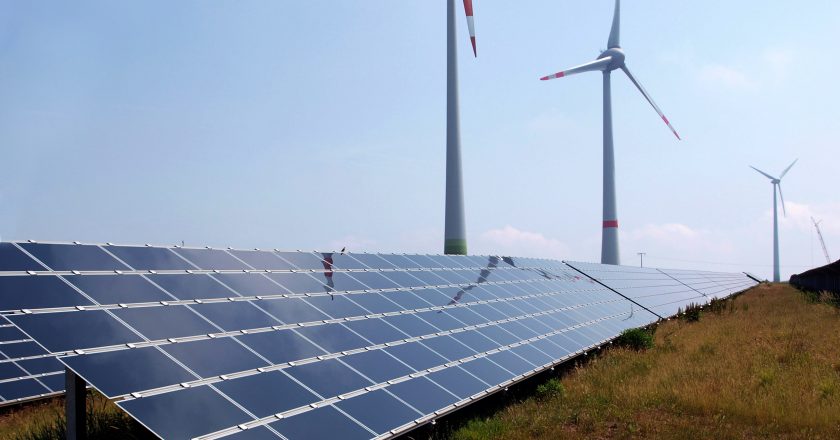
What is the Clean Power Plan and why does it matter?
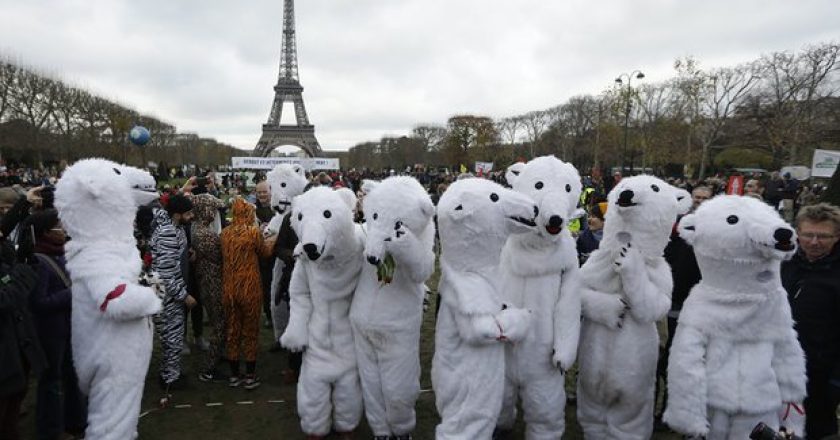
One big question for negotiations at COP21 is whether to develop a long–term global goal for climate action, and if so, what that goal might look like. While all the long-term goals aim to avoid catastrophic climate change, each one proposes a different way to get there. Navigate the maze here.
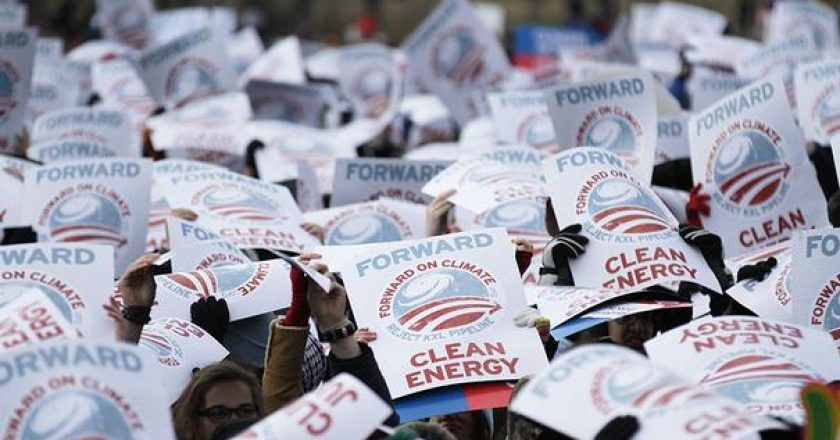
Experts on climate change policy speak in support of the US contribution to the UNFCCC process and the Paris Agreement.